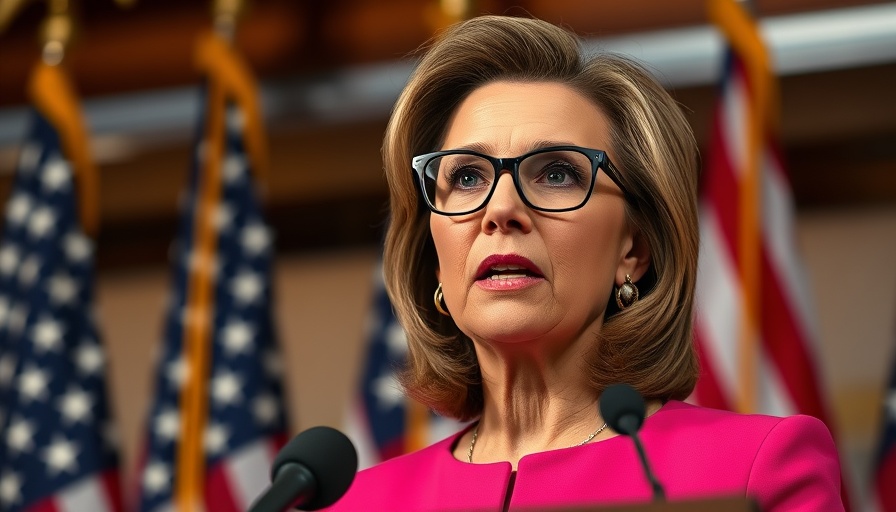
Federal Charges and Political Ramifications: A Complex Web
In a striking turn of events, U.S. Attorney Alina Habba announced federal charges against Representative McIver following a contentious clash with immigration enforcement at a Newark detention center. This incident has sparked widespread attention and debate, particularly concerning the implications of such actions on political dynamics in the state and nationwide.
The charges, characterized by McIver’s attorney as 'political retaliation,' raise serious questions about the line between law enforcement actions and political maneuvering. This situation is emblematic of the current climate in American politics, where actions taken by representatives in the name of advocacy are often met with legal repercussions. In this landscape, the intertwining of local concerns with national narratives about immigration, law enforcement, and civil rights creates a complex scenario that calls for a nuanced examination.
Historical Context: Politics and Law Enforcement
The relationship between lawmakers and law enforcement has always been fraught with tension. Historically, when issues such as immigration policy collide with local governance, representatives often find themselves navigating a minefield of immediate public opinion, electoral consequences, and the overarching demands of political parties. The Newark clash, grounded in a larger debate over ICE operations in urban areas, underscores how sensitive these issues are within the broader spectrum of U.S. immigration policy.
The Clash of Narratives: What This Means for the Democratic Party
The charges against McIver come at a time when the Democratic Party is grappling with internal divisions over handling immigration-related issues. As public sentiment shifts and evolves, party members are faced with the challenge of balancing constituents' demands for justice and reform against traditional party stances on immigration enforcement. This case exemplifies the precarious position many Democrats find themselves in—trying to appease a progressive base while facing federal backlash for their stances.
Broader Implications for Immigration Policy
The incident shines a light on the broader implications of immigration enforcement under the current administration. As federal authorities continue to ramp up enforcement actions, cities pushing back against these measures may face legal challenges that could alter their stance on welcoming immigrants. The Newark detention center clash raises critical questions about local autonomy in immigration policy and the legal ramifications that may unfold as representatives take a stand against federal initiatives.
Counterpoints: Supporters of ICE and Law Enforcement's Role
Supporters of ICE and law enforcement argue that enforcement actions are vital for maintaining order and national security. They view pushback from local representatives as undermining their efforts, and some fear that such political moves could lead to a rise in crime, as undocumented immigrants feeling protected may engage more freely in illegal activities. This perspective adds another layer of complexity to the discussions occurring within Congress, as representatives weigh the pros and cons of hardline immigration stances.
Impact on Election Dynamics and Voter Sentiment
As this case unfolds, it’s important to recognize its potential impact on future elections. Voter sentiment regarding immigration policy is a potent topic that could mobilize various factions across the political spectrum. The fallout from the charges against McIver could serve as a bellwether for how effectively representatives can navigate the turbulent waters of immigration policy and voter expectations, making it one of the top stories in America this election cycle.
Conclusion: What’s Next for McIver and Immigration Policy?
The path ahead for both Representative McIver and the ongoing debate surrounding immigration enforcement remains uncertain. As this case gains traction within the media and the public eye, it will undoubtedly influence not only McIver's political future but also the broader narrative surrounding immigration in America. With political tensions soaring, it’s vital for citizens to stay informed and engaged, as these developments will have a lasting impact on the nation's immigration policy and political landscape.
 Add Element
Add Element  Add Row
Add Row 



Write A Comment